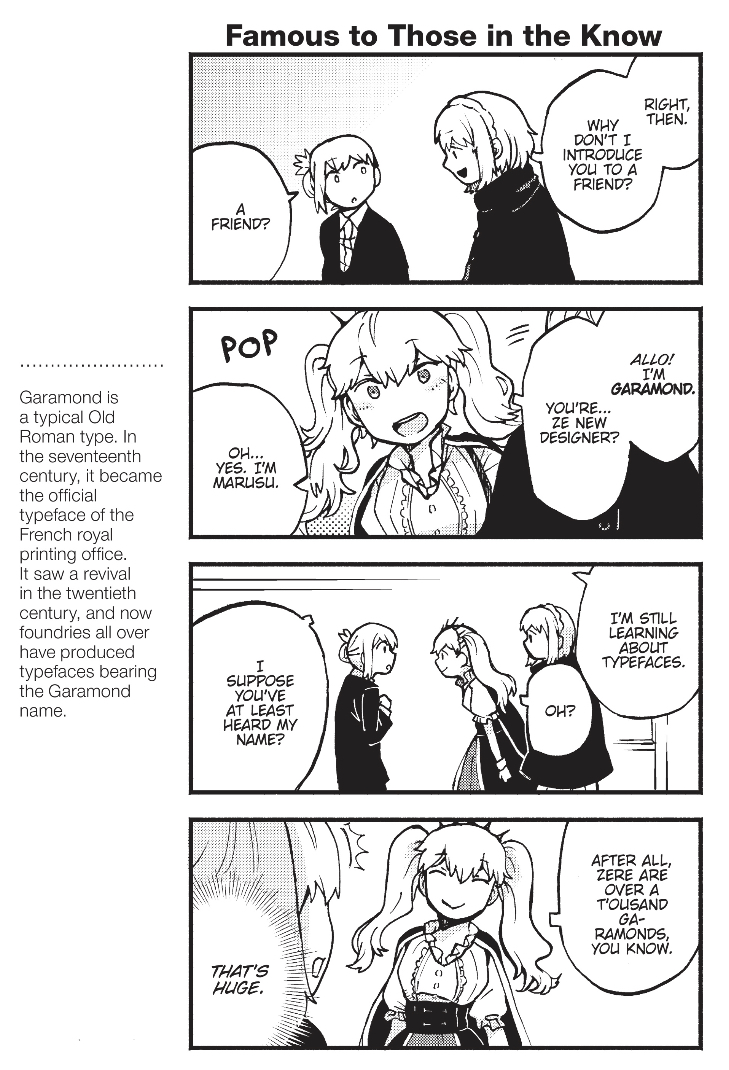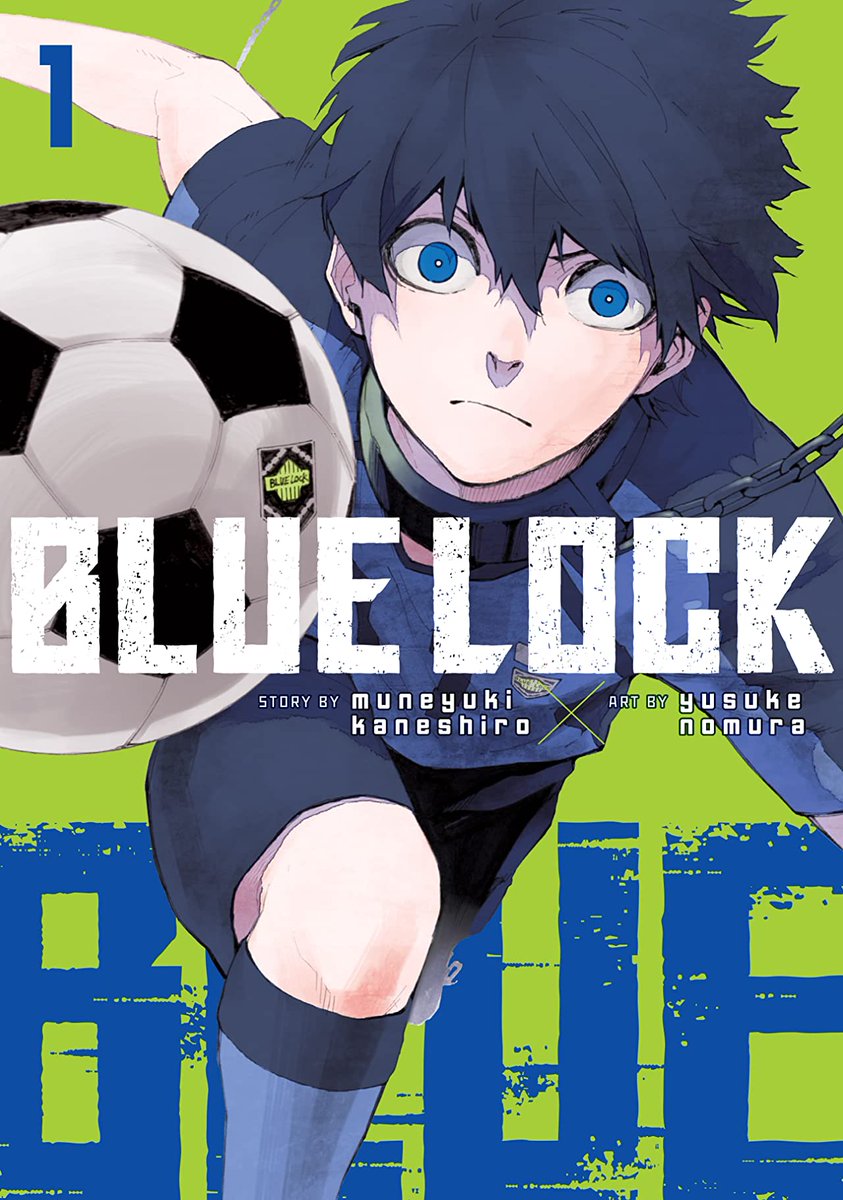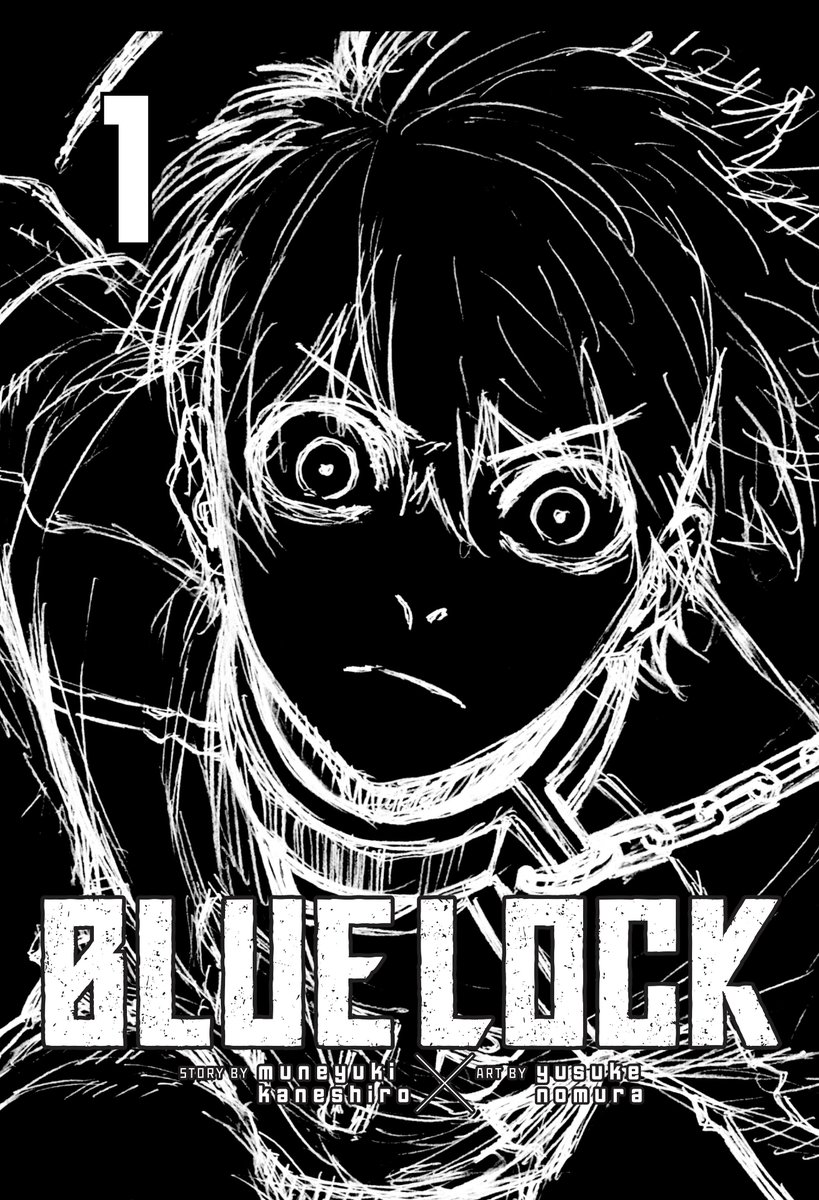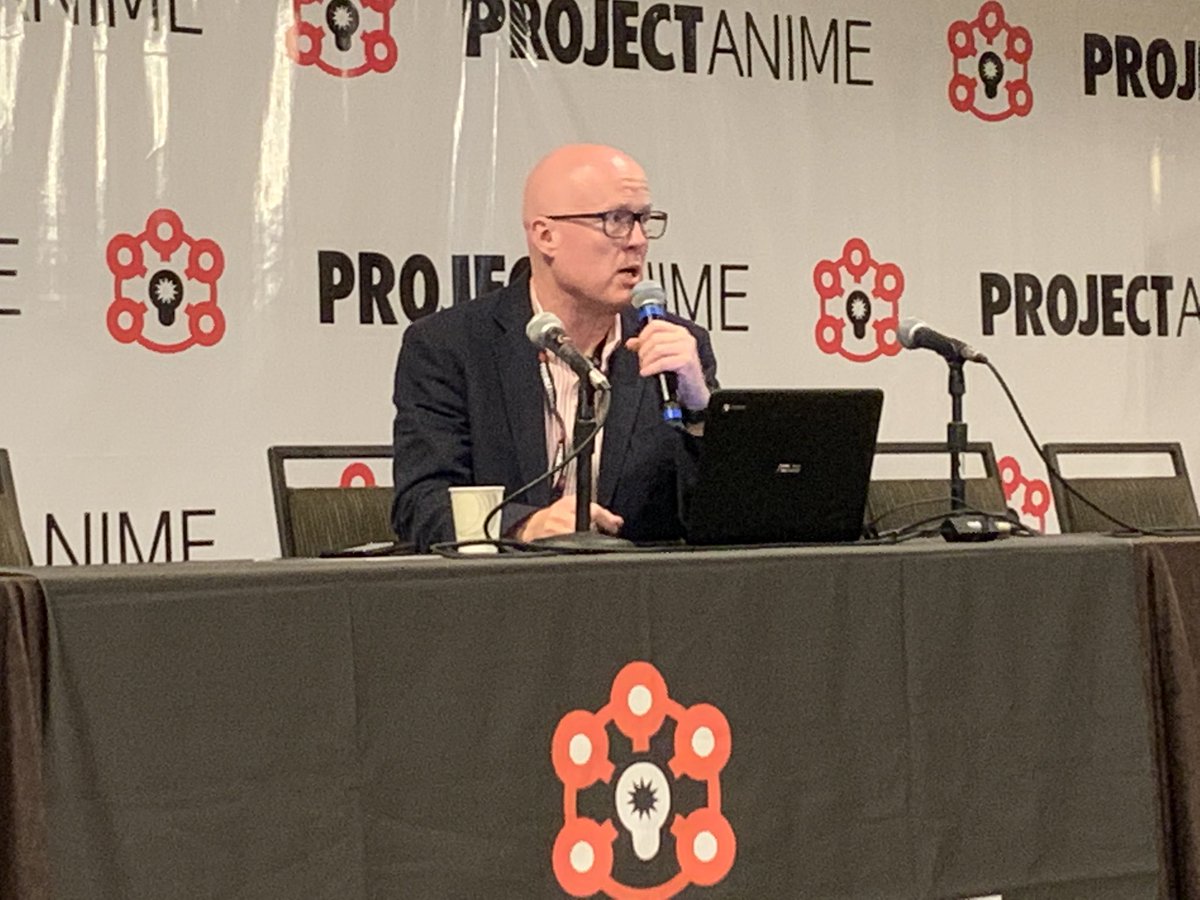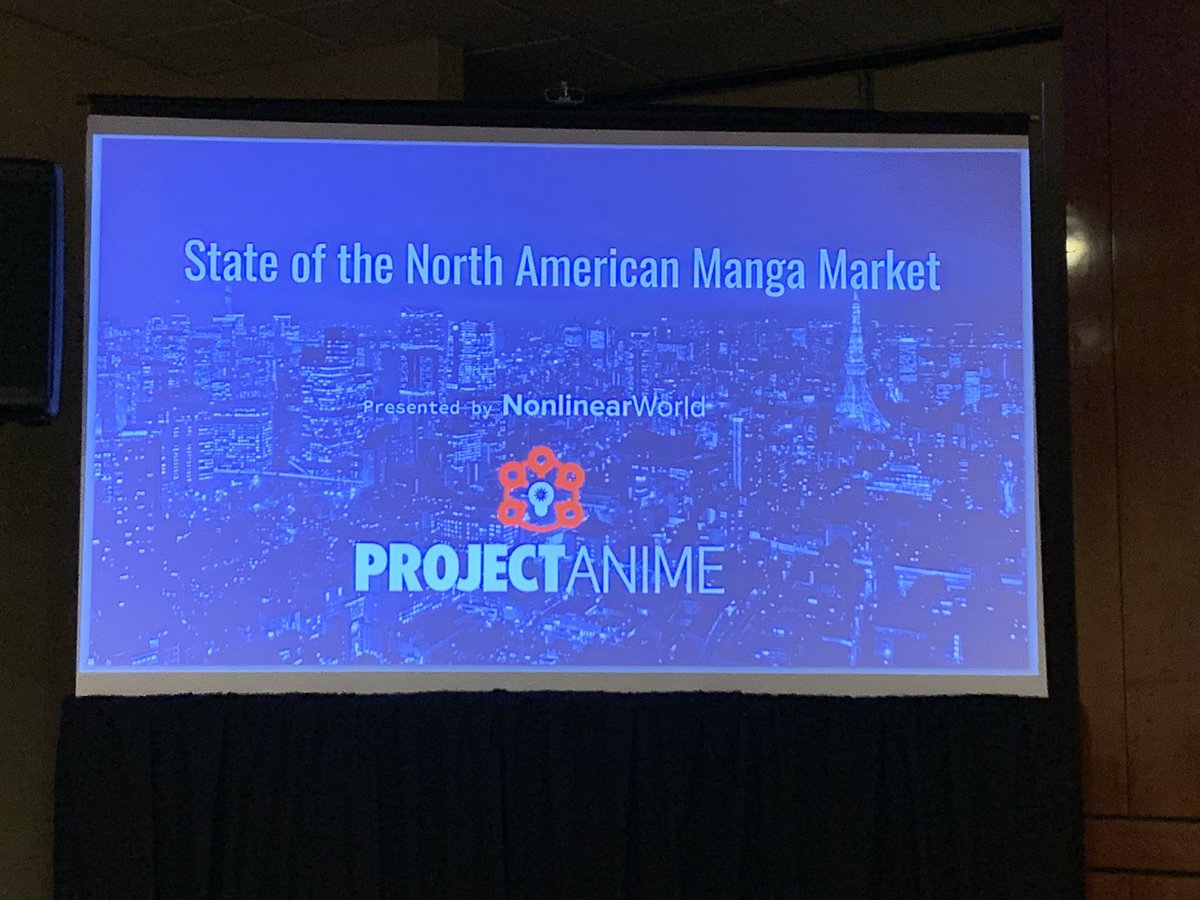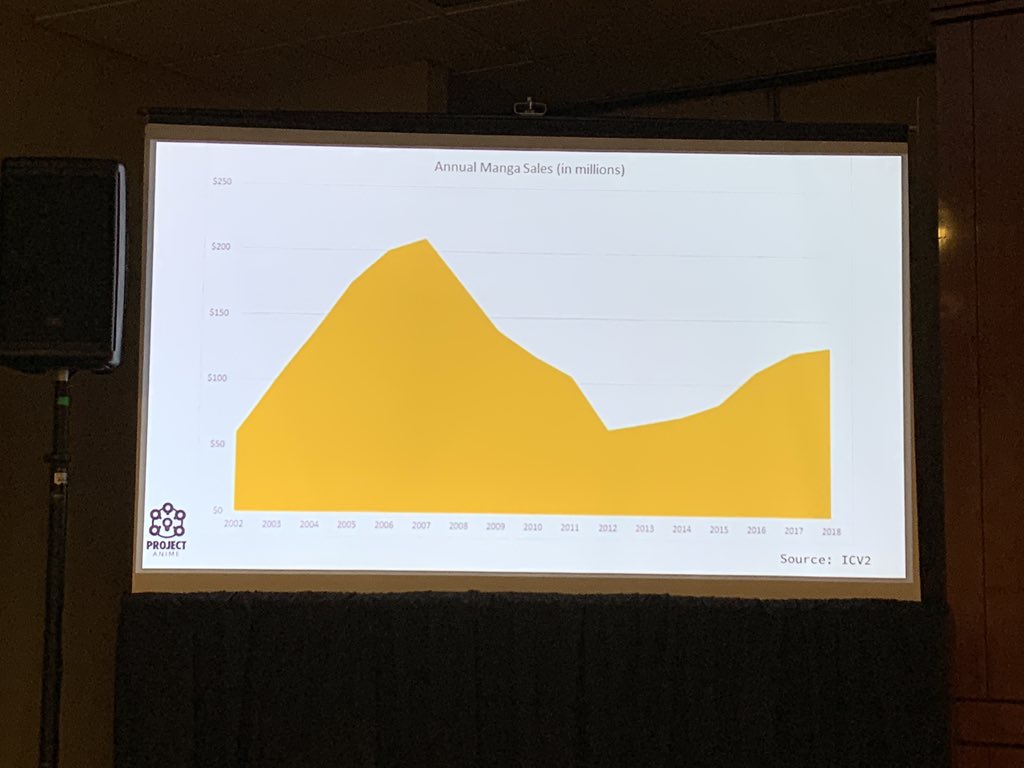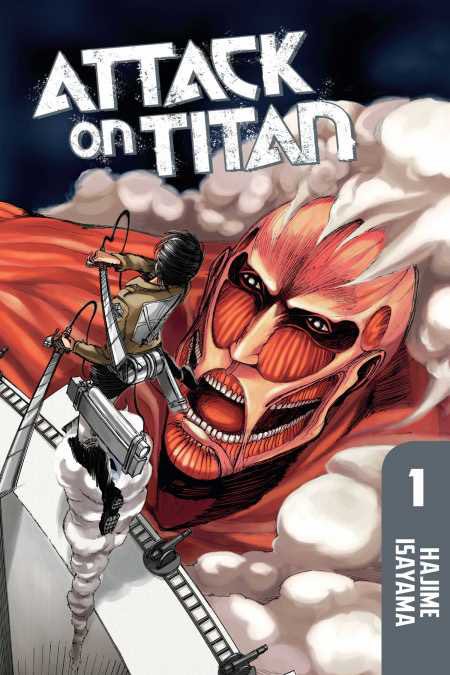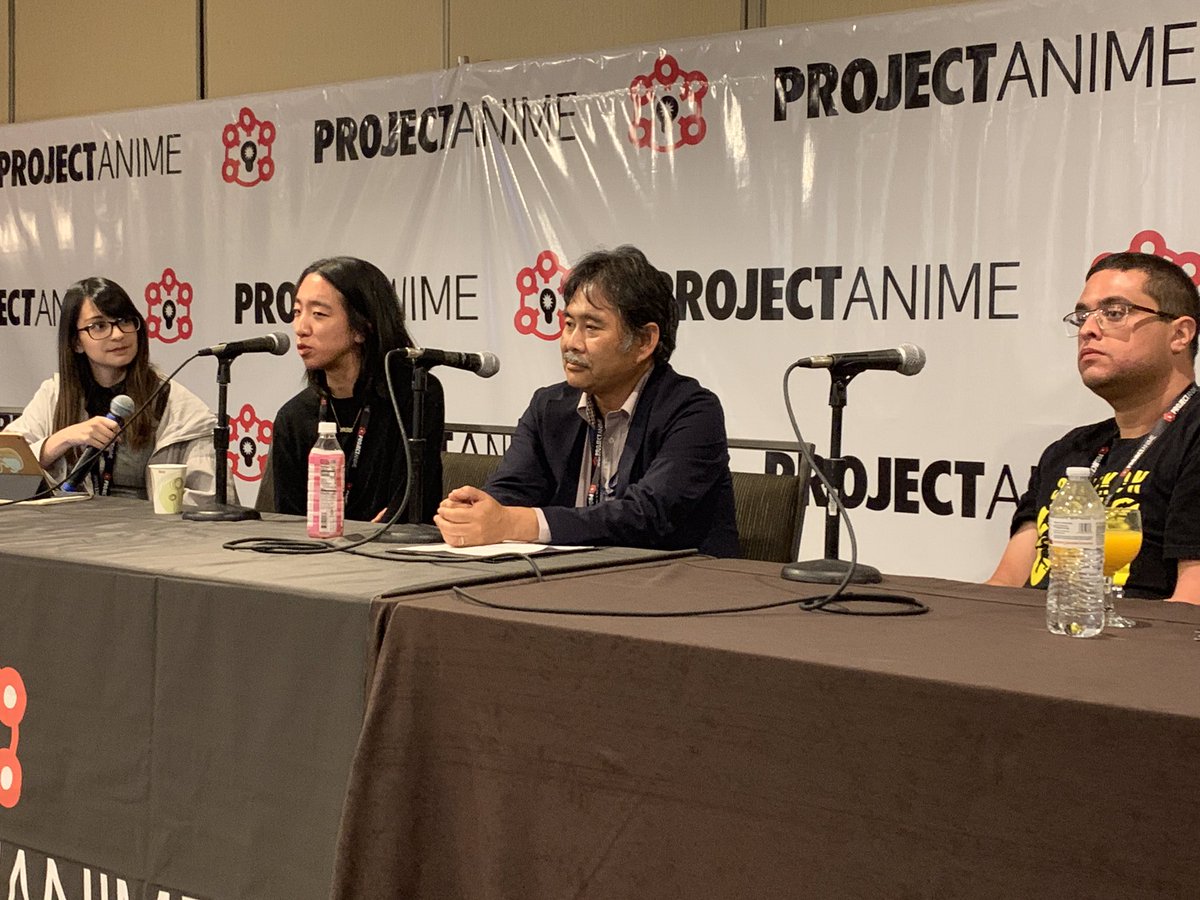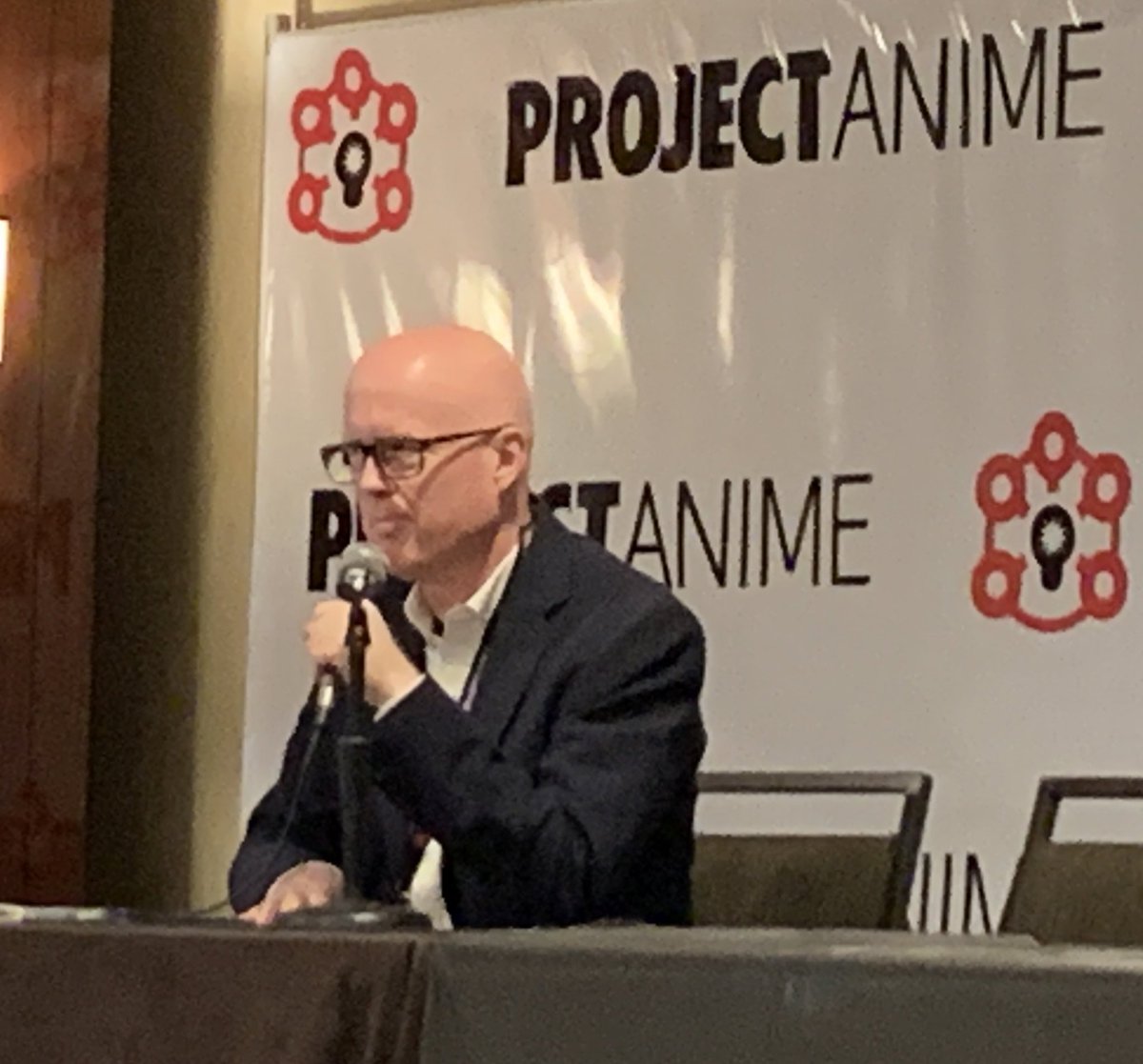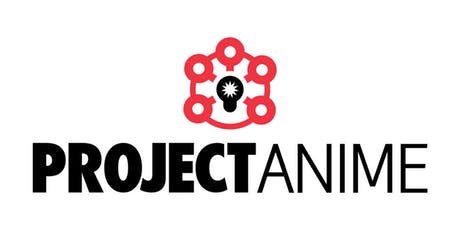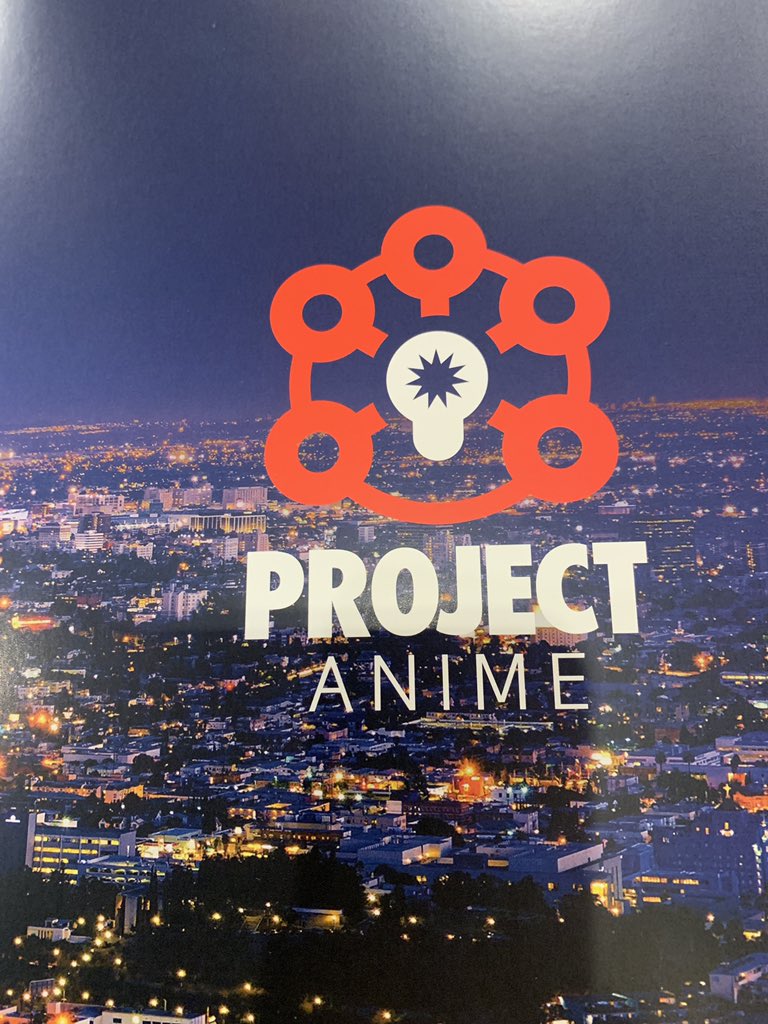
This year's edition of the Manga Publishing Industry Roundtable for @Comic_Con @ Home is now live: bit.ly/MangaBiz2021 - See how @yenpress @SquareEnixBooks @VIZMedia @KodanshaManga & @denpa_books see where things are at now & where they're going next 

One interesting part of the Comic-Con @ Home Manga Publisher Roundtable conversation about why long series (like Hajime no Ippo) can be extra challenging to license for publication in English bit.ly/MangaBiz2021 

Another topic that come up in the Manga Publishing Roundtable is the recent explosion of popularity for BL and LGBTQ+ content in manga. bit.ly/MangaBiz2021 





re: today's manga boom vs. the last manga boom: "you're not going to see a bunch of people putting out just anything this time. we have more sophisticated publishers, more sophisticated retailers and more sophisticated readers." - Kevin H, @VIZMedia bit.ly/MangaBiz2021 

"we're now in our 3rd or 4th generation of manga readers in N. America -- it's pretty much here to stay." - Leyla A., @SquareEnixBooks | bit.ly/MangaBiz2021 

"I had a list of titles that would never get officially translated. Lately been crossing things off, so I had to make a new list! I think in 5-10 years, we'll be able to read almost anything we want to read in English." - Mark de Vera, @yenpress | bit.ly/MangaBiz2021 


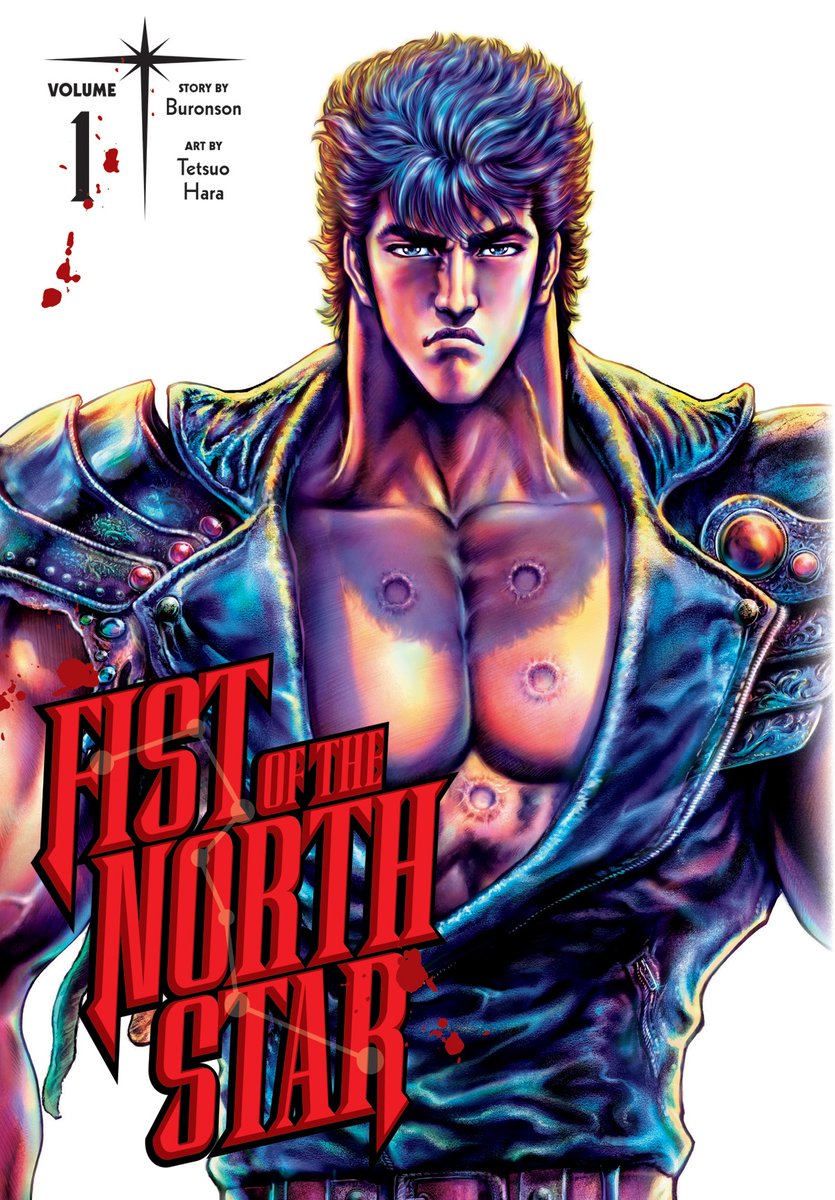


"I hope that within the next 5 years that we see more recognition for the creators rather than just the manga or anime. When Kentaro Miura died, I saw articles celebrating him as a creator, not just about Berserk." - Ivan Salazar, @KodanshaManga bit.ly/MangaBiz2021 


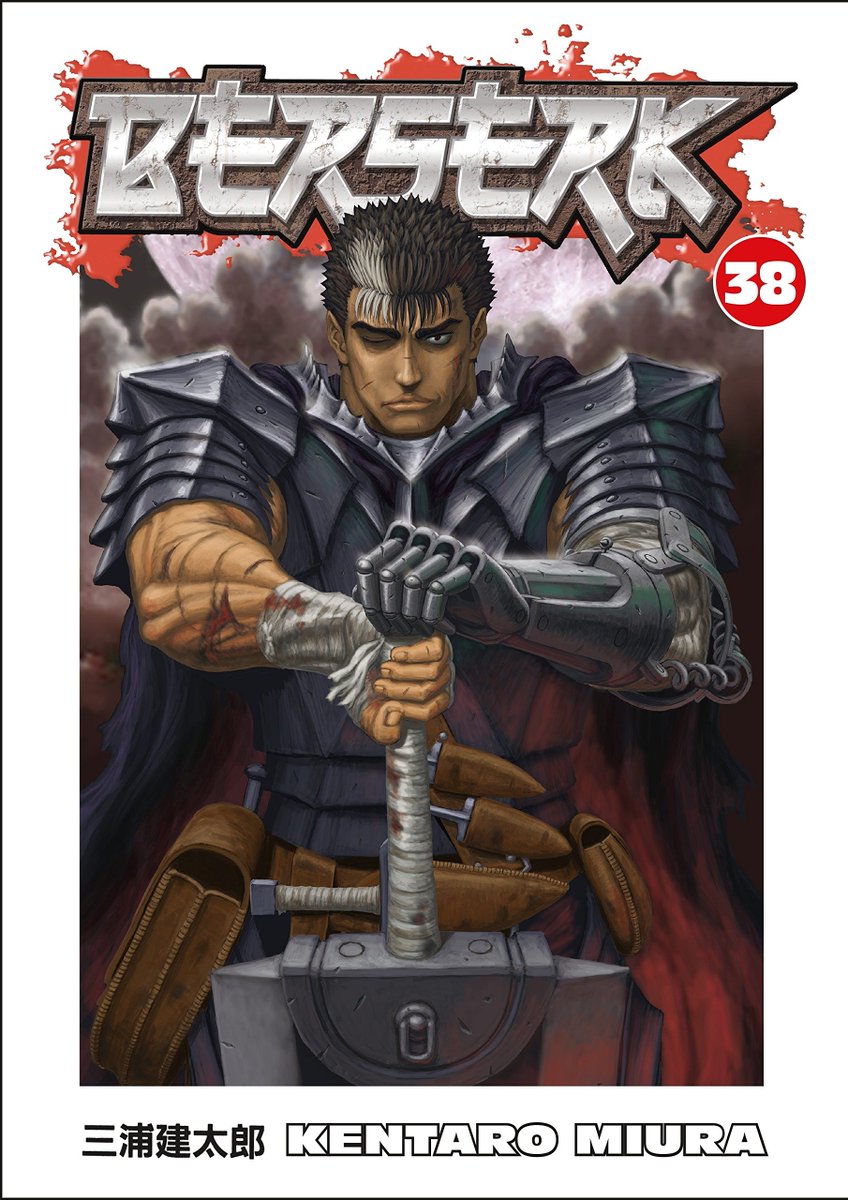
"It would be great to start recognizing more of the talent that is overseas, but also more recognition for the people who actually work on manga in N. America, maybe raising wages & giving more (recognition) to these people." - Ed Chavez, @denpa_books | bit.ly/MangaBiz2021 





While BL manga has been enjoying a boost in sales lately, josei (manga for adult women) still struggles to find an audience in N. America. "It's still a little challenging, but we keep trying." - Ed Chavez, @denpa_books | bit.ly/MangaBiz2021 

Manga piracy "hurts most for publishers who are working on the margins, like @denpa_books . We try to break the perception of what a 'marginal title' can be, but it doesn't help when we see a slowdown in sales & an inverse correlation w/ ppl ripping off our books." - Ed Chavez 



"It feels like manga fans are more conscious than ever about the concept of supporting artists in general. I think it will get to the point where more people will be consuming manga in legitimate ways" - Mark de Vera, @yenpress | bit.ly/MangaBiz2021 

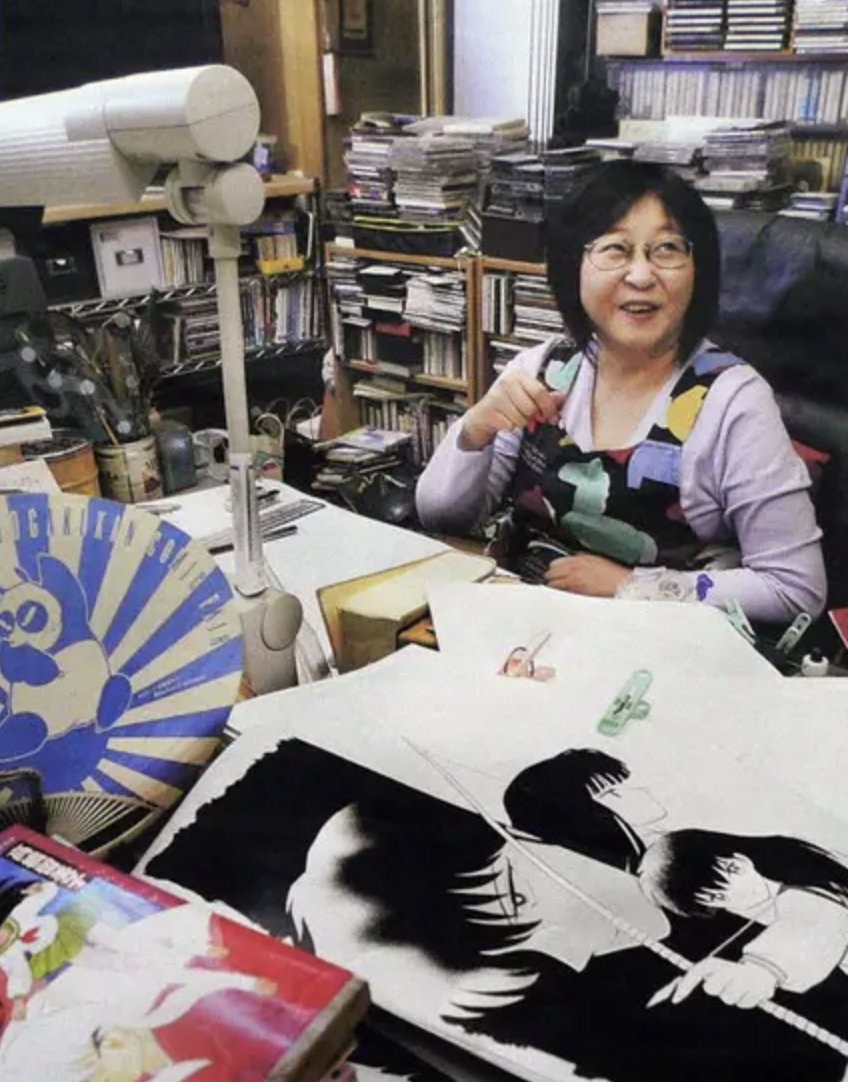

I asked our Manga Publishing Industry Roundtable guests their picks for recent or upcoming releases you should check out (and maybe pre-order).
First pick from Kevin Hamric at @VIZMedia - My Hero Academia Ultra Analysis Official character guide - out Nov. 2 2021
First pick from Kevin Hamric at @VIZMedia - My Hero Academia Ultra Analysis Official character guide - out Nov. 2 2021

Ed Chavez fr. @denpa_books recommends Lil' Leo by Moto Hagio (Heart of Thomas) - a "lovely, quiky josei title about a walking, talking cat, with a lot of flair and thoughtfulness." denpa.pub/manga/lil-leo | bit.ly/MangaBiz2021 

Leyla Aker fr. @SquareEnixBooks recommends I Think Our Son is Gay by Okura, "one of the most soothing, heartwarming, ray of sunshine manga I've ever read." - vol 1 out now, pre-order vol 2 & 3 now: …ixmangaandbooks.square-enix-games.com/en-us/series/i…
Ivan Salazar fr. @KodanshaManga recommends Boys Run the Riot by Keito Gaku -an "incredibly heartfelt" 4-volume series about a transgender teen starting a fashion brand and discovering what it means to be 'out and proud.' vol 1 & 2 out now: kodansha.us/series/boys-ru… 


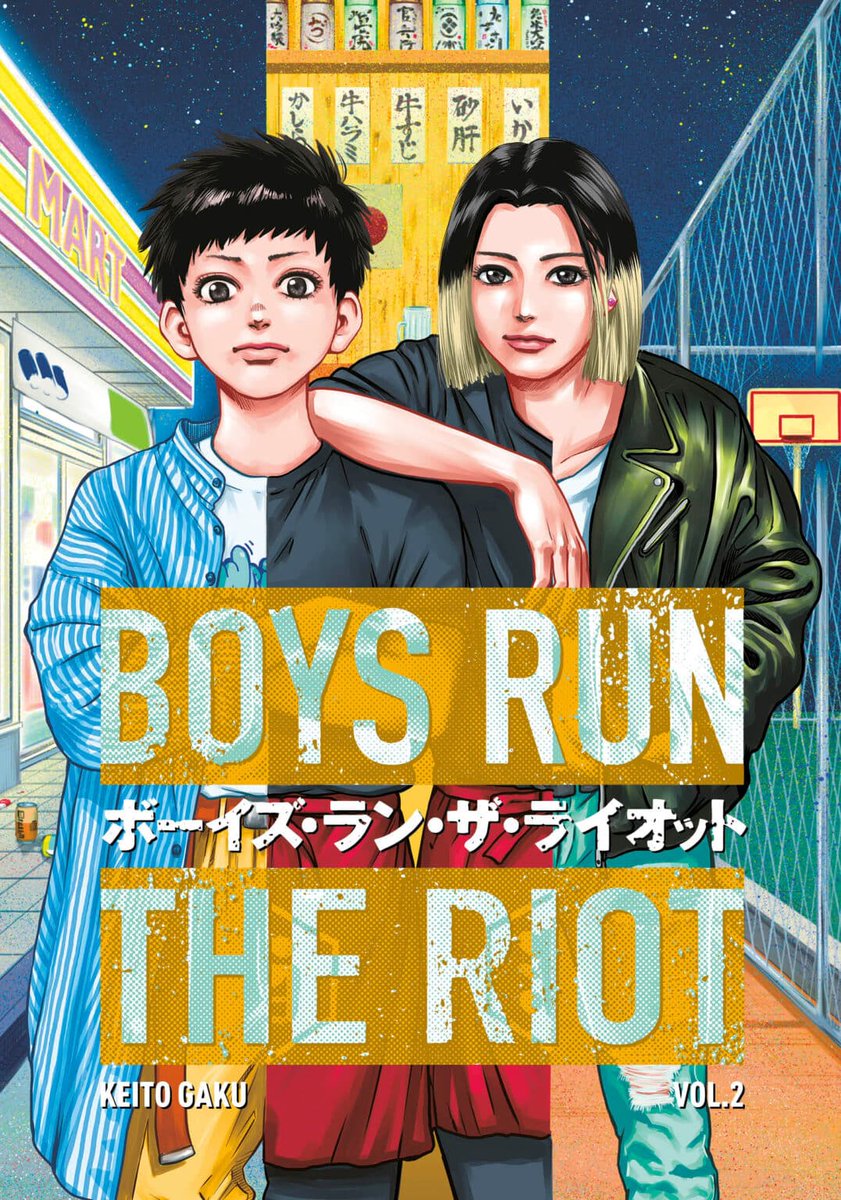
Mark de Vera's pick is Solo Leveling (light novel, manga, audio book ) by Chugong and Dubu fr. @yenpress. in modern Korea, gates to dungeons full of monsters appear. A teen boy starts off as a weak hunter but discovers a secret to "leveling up" to become the strongest of them all 

We talked about a lot more in the @Comic_Con @ Home Manga Publishing Roundtable - check it out at bit.ly/MangaBiz2021.
Also, be sure to check out this year's Best & Worst Manga panel - we'll livestream it on @comicsbeat Mon. July 26 at 5 pm ET bit.ly/BWManga2021
Also, be sure to check out this year's Best & Worst Manga panel - we'll livestream it on @comicsbeat Mon. July 26 at 5 pm ET bit.ly/BWManga2021
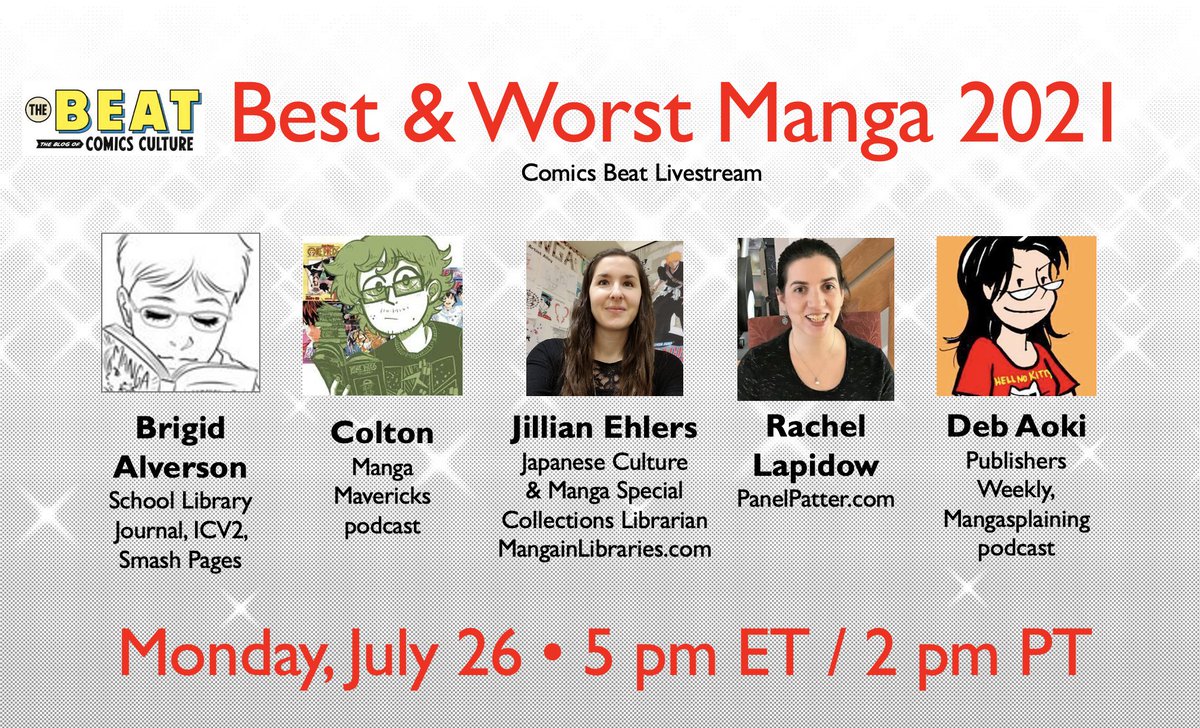
Also, a message to the peeps who were "bombing the @KodanshaManga Live webcasts" begging for Blue Lock, the soccer manga by Muneyuki Kaneshiro & Yusuke Nomura - it's available now, so buy the heck out of it to boost chances of getting a print edition! kodansha.us/series/blue-lo…
• • •
Missing some Tweet in this thread? You can try to
force a refresh





